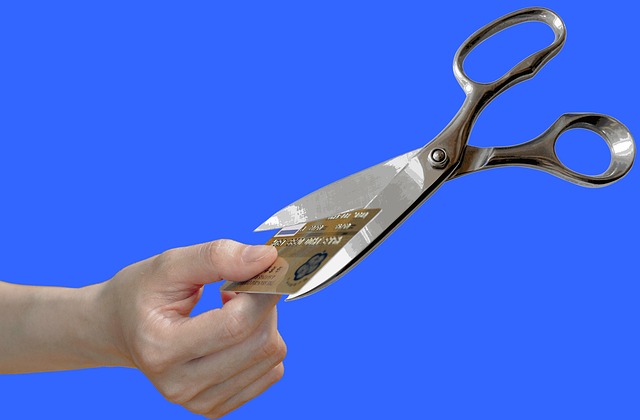Homeowner consolidation loans simplify debt management through two main types: secured and unsecured. Secured loans, backed by property, offer lower rates but carry foreclosure risk if repayments fail; unsecured loans, lacking collateral, have higher rates yet protect personal assets, ideal for borrowers with good credit. Evaluate your financial health, including credit history and home equity, to choose between these options based on low-interest rates, flexibility, and avoiding potential asset loss.
“Struggling with multiple debt payments? Consider debt consolidation loans as a potential solution. This article guides you through the essential distinctions between secured and unsecured options, focusing on homeowner consolidation loans—a popular choice for many.
We’ll explore how these loans work, compare their benefits and risks, and help you determine which type aligns best with your financial situation. Whether seeking to streamline payments or lower interest rates, understanding your options is crucial before securing a Homeowner Consolidation Loan.”
- Understanding Secured and Unsecured Debt Consolidation Loans
- Comparing Homeowner Consolidation Loans: Which Option is Best for You?
Understanding Secured and Unsecured Debt Consolidation Loans
Debt consolidation loans are a popular tool for managing and reducing debt, offering a straightforward way to combine multiple debts into one. There are two main types: secured and unsecured. Secured homeowner consolidation loans require borrowers to use their home as collateral, which means if they fail to repay, they risk losing their property. These loans often come with lower interest rates because the lender is less risky, but homeowners must weigh the potential consequence of home foreclosure.
Unsecured debt consolidation loans, on the other hand, do not require any collateral and are based solely on the borrower’s creditworthiness. As such, they typically carry higher interest rates than secured loans. The benefit lies in the absence of risk to personal assets, but borrowers must have good or excellent credit to qualify. This option is ideal for those who prefer not to put their home at risk while seeking relief from debt burdens.
Comparing Homeowner Consolidation Loans: Which Option is Best for You?
When considering homeowner consolidation loans, it’s crucial to compare both secured and unsecured options. Secured loans use your home as collateral, which can lead to lower interest rates but carries the risk of foreclosure if you default. Unsecured loans, on the other hand, offer greater flexibility since they don’t require collateral, but typically come with higher interest rates and stricter credit requirements.
Evaluating your financial situation is key in making an informed decision. If you have a strong credit history and can secure a low-interest rate on a homeowner consolidation loan, it might be the best path forward. However, if your credit score is lower or you lack home equity, an unsecured debt consolidation loan could provide the necessary breathing room without putting your home at risk.
When deciding between secured and unsecured debt consolidation loans, homeowners have a crucial choice to make. Secured loans offer lower interest rates but require pledging an asset, while unsecured loans provide flexibility without collateral. After considering your financial health and long-term goals, homeowner consolidation loans can be a powerful tool to simplify payments and reduce stress. By comparing options and understanding the terms, you can make an informed decision that best suits your unique circumstances.
